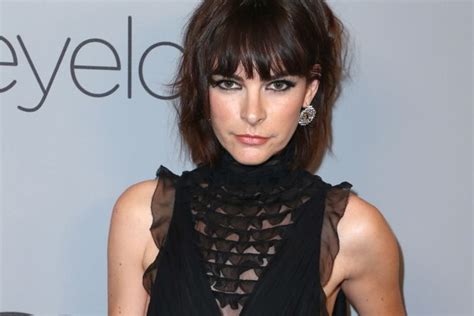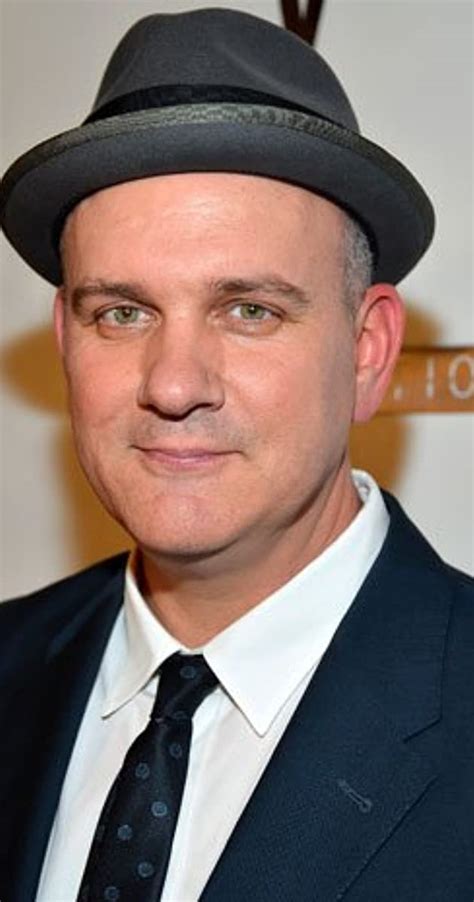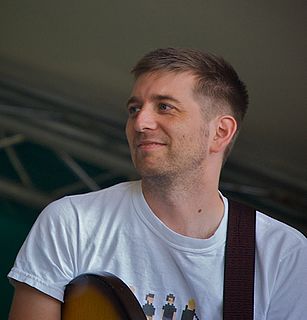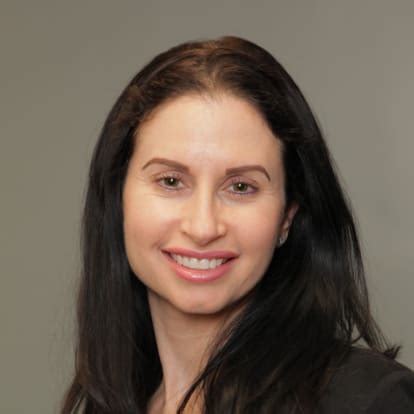A Quote by Thomas Mann
A writer is somebody for whom writing is more difficult than it is for other people.
Related Quotes
It's not a problem to be surrounded by other writers if that's the craft that you're doing. I suppose if you get obsessed with the notion of being a writer more than the writing itself, that would be bad. But I live near really smart, thoughtful people who take writing very seriously, and I can meet them for breakfast and talk books.
I have to conclude, oh, the best people are all somebody other than my own race. So that's difficult. How do we interpret the Bible? Should we stress things like justice and that God is somebody who cares about equality of all people? Or is he a God of love and a God who's there to give me an afterlife?
There have been plenty of things that I've written that other people haven't cared about, but it hasn't stopped me from being a writer. So, I don't even think about other people. I'm just interested writing about human beings so if somebody calls and says, 'We'd like you to do it,' I'd say, 'That sounds like a cool idea.'
...One of the most important lessons, perhaps, is the fact that SOFTWARE IS HARD. From now on I shall have significantly greater respect for every successful software tool that I encounter. During the past decade I was surprised to learn that the writing of programs for TeX and Metafont proved to be much more difficult than all the other things I had done (like proving theorems or writing books). The creation of good software demand a significiantly higher standard of accuracy than those other things do, and it requires a longer attention span than other intellectual tasks.
Because God is not only infinitely greater and more excellent than all other being, but he is the head of the universal system of existence; the foundation and fountain of all being and all beauty; from whom all is perfectly derived, and on whom all is most absolutely and perfectly dependent; of whom, and through whom, and to whom is all being and all perfection; and whose being and beauty are, as it were, the sum and comprehension of all existence and excellence: much more than the sun is the fountain and summary comprehension of all the light and brightness of the day.
Knowledge is praised and desired by multitudes whom her charms could never rouse from the couch of sloth; whom the faintest invitation of pleasure draws away from their studies; to whom any other method of wearing the day is more eligible than the use of books, and who are more easily engaged by any conversation than such as may rectify their notions or enlarge their comprehension.
I think we all have a certain number of "coming of age" songs, and then a writer has to expand and grow into more varied and specific themes. And the music industry is, like Jawbreaker says, "selling kids to other kids," so it makes sense that those early songs in a writer's life are often the ones that catch people's ears, and later work is more difficult and less immediate.
It's great to be excited by your profession, whether you are a doctor or a writer. I started writing books when I was in medical school and, by the time I graduated, I realized that writing was more exciting to me than being a doctor. And if I tried to be a doctor and a writer, then both would suffer.
I didn't really think I would be a musician. I always thought I'd be a writer. I wanted to be a writer in college, but I thought I could be a better musician. I loved the process of writing music and lyrics more than I loved the process of sitting at my computer and writing. Because of that, I thought I would be a better musician than a writer.
When you're young, your perception of what it means to be a writer is often less about the writing and more about what seems to be the accompanying life: speeches and travel and hanging out with other writers. You think that when you get published, your life will clarify itself to you somehow. But when you don't get published until you're middle-aged you know who you are already, and your life expands to make room for your writing, rather than orbiting around it. You realize that there's no one way to be a writer, and that the job is less of an identity and more of a vocation.







































